When babies learn how to hold things, it opens up a whole new world of play for them. But like all things, it takes a bit of time and getting used to before they can get fully hands on.
Things to remember
It’s important to remember that all babies develop at different speeds and you shouldn’t be overly concerned if your wee one is going at their own pace. This is especially true if your baby is born premature.
If your baby is under 8 weeks old, you can find out more about their milestones at Ready Steady Baby.
Learning new physical skills isn’t easy for babies and can sometimes cause them to get upset and cry. This can be hard for you too, so remember to ask family and friends for support, or speak to your Health Visitor or Family Nurse for advice.
What to expect from birth
In the first few months, it’s normal for your baby to hold their hands in a fist but they’ll also automatically hold anything placed in their palm. So, try putting your finger in their palm and stroke it. It’s likely your little one will hold on tight, which is always a lovely feeling.
What to expect by 2 months
By this point, your baby’s hands will be open most of the time and it’s quite common for them to accidentally hit things while moving their arms.
What to expect by 4 months
Your baby will start to be interested in what’s going on around them and will probably have become aware of their own hands and sometimes also their feet. Although for some babies, discovering their little feet and pulling off their socks can come a little later.
You’ll find that the more practise your baby has at hitting things and grabbing them, the better they will get. In the beginning, they might hit you and pull your hair at times. Don’t worry, they’re not trying to hurt you - it’s just practise for them. Just try to react calmly and gently guide their hand to hold something else.
What to expect by 6 months
At this stage, most babies will reach out and grasp toys in their hand and also put most things in their mouth. So, make sure they don’t get hold of anything too small that they could choke on and ensure that your home is baby proofed.
Your baby will also start to use both hands together. Whenever they reach for a toy or an object, try talking to them about what they are doing with phrases like “yes, those are my keys”. This will help them concentrate on what they’re doing, as well as help them learn different words.
What to expect between 8 and 12 months
Your baby will be beginning to get better at holding things using their finger and thumb in a pincer grasp. Meal times are great for babies to practise this, so try handing them little bits of food.
Through the second half of their first year, your baby will also start dropping and throwing things. Don’t worry, they’re not being naughty. They need to do this to develop their hand eye coordination. Try and stay calm when this happens, it’s completely normal.
What to expect between 12 and 18 months
Look out for a change after your baby’s first birthday as they’ll start to point at things and people. This is an exciting time and at first might look like they’re reaching but you’ll soon see their index finger start to extend. Your baby wants you to show them the object, say the name of the object and talk about it. This is a great way to help them develop their language skills.
Fun ways to help your baby get a handle on things
There are lots of easy activities you can do to help your baby practise reaching and grasping. Try out some of our tips below – they’re fun for little fingers!
Tip #1: Toy pass
A good way to start is by placing toys in their hands and letting them grasp. Try this with both their hands.
Tip #2: Reach out
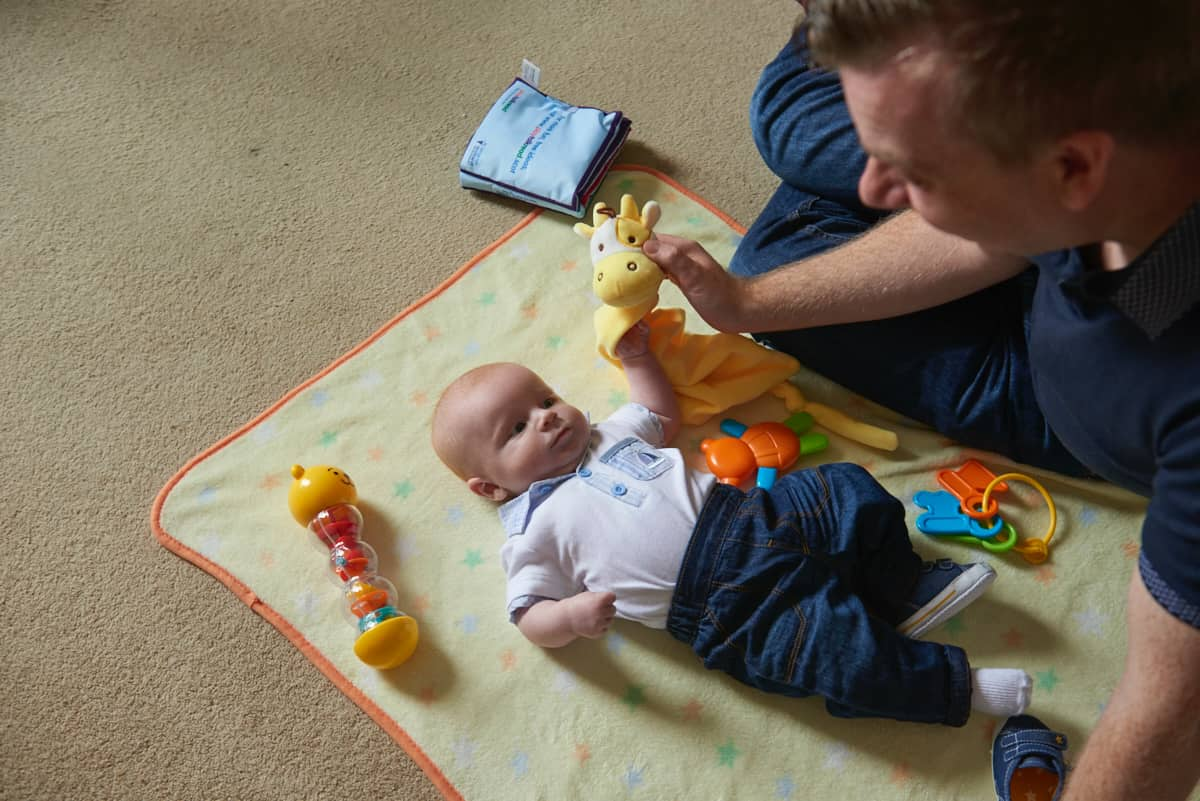
Try placing toys just out of their reach while your baby is on their back, side or front. This will encourage them to reach out and grab them.
Tip #3: Baby gym
Having a baby gym above them while they’re lying on their back will encourage them to hit out at toys. But with a bit of time and practise they’ll learn to grab them. Bright colourful toys will catch their attention as well as ones that make a noise when touched.
Tip #4: Sit up and take notice
When your baby is able to sit up by themselves, you can place things on their highchair tray for them to play with. Try different sizes, shapes and textures. It doesn’t have to be an expensive toy, things around the house like wooden spoons are perfect for this.
Tip #5: Finger feeding
Finger feeding allows your baby to become more independent and develop their pincer grip. They’ll also sometimes want to help while being fed with a spoon. Try giving them their own spoon to hold while you continue to feed them. This will give them time to get used to using a spoon, practising to put it in their mouth without covering you and the room with food in the process! Learn more about finger feeding here.
Tip #6: Mix it up
Have a box or container filled with interesting objects that are different textures, weights and colours. A mixture of items is far more interesting to your baby than plastic toys and will encourage them to develop their hand muscles.
Staying safe
Once your baby is able to grab things, it’s important that there’s nothing in reach that they could put in their mouth and choke on. This also includes toys belonging to older brothers or sisters with small parts that might come off.
Should I be worried?
By 6 months, most babies will start reaching or grabbing for things and transferring items between their hands and mouth. If your baby is not showing any interest in reaching towards things by 5 – 6 months, then please ask your Health Visitor or Family Nurse for advice.
During the first year your baby will also use both hands to reach, grasp and hold things. It’s not until later that they will have a favourite hand. If you’re concerned that your baby uses one hand and not the other, it’s a good idea to talk to your Health Visitor or Family Nurse. Or if you have any other concerns at any stage of your baby’s development, you can also discuss this with your Health Visitor or Family Nurse. If your baby is premature and receiving follow up care, you can also get advice from your developmental team.
If you have twins, triplets or more they may take a bit longer to reach milestones, especially if they were born prematurely. It’s best to talk to your health visitor if you have any concerns. You can find out more about milestones for multiples on the Twins Trust website.
Learning new physical skills can be hard for babies and it’s normal for them to cry. If they get really frustrated, they can cry in an angry way and their faces can turn quite red. You might find this worrying, but as long as your baby is not having breathing difficulties, there is nothing to be alarmed about. Just try to comfort and settle your baby as normal.
 Activities & Play
Activities & Play Behaviour
Behaviour Childcare
Childcare Development & Growing Up
Development & Growing Up Family, Friends & Relationships
Family, Friends & Relationships Feeding Your Baby
Feeding Your Baby Food & Eating
Food & Eating Health & Safety
Health & Safety Mental Health & Wellbeing
Mental Health & Wellbeing Money & Work
Money & Work Online Behaviour & Safety
Online Behaviour & Safety Pregnancy & First Days
Pregnancy & First Days School & Education
School & Education Sleep
Sleep

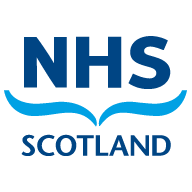
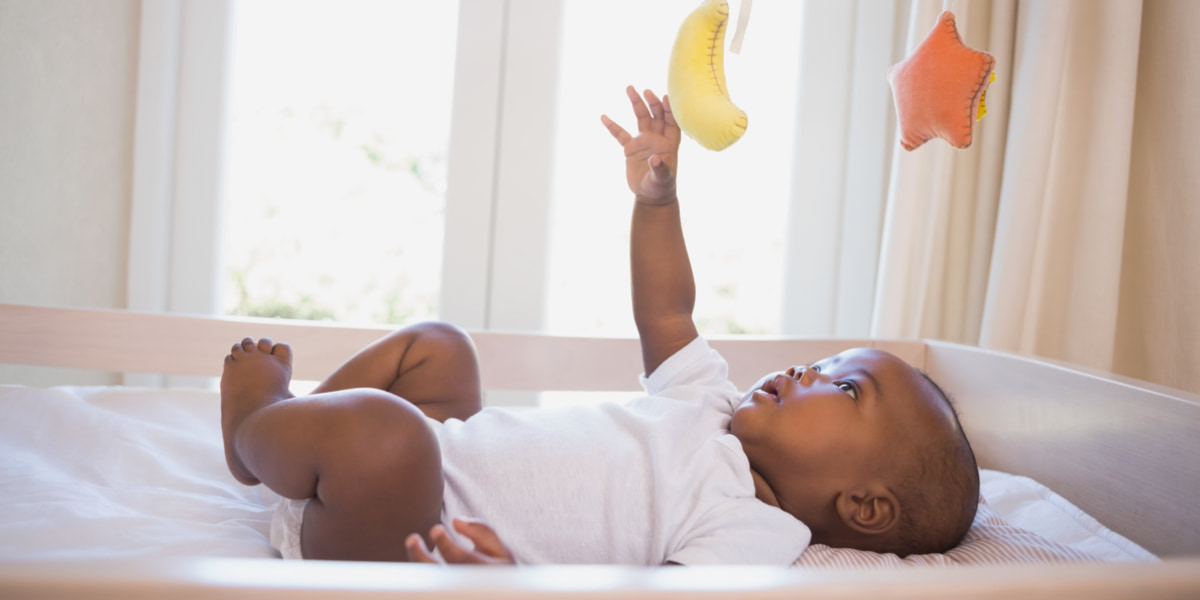
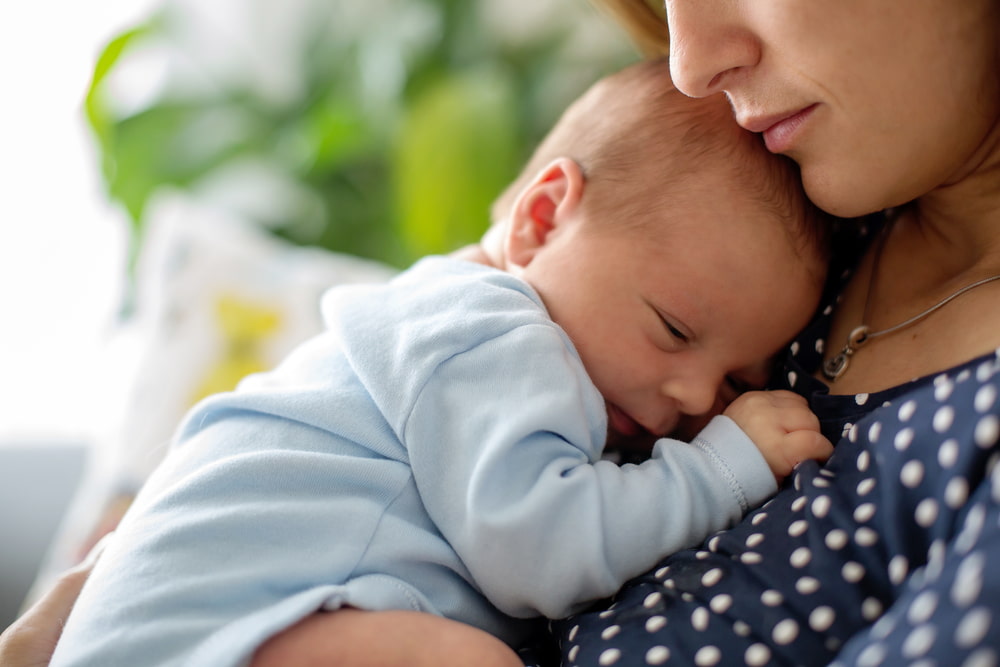
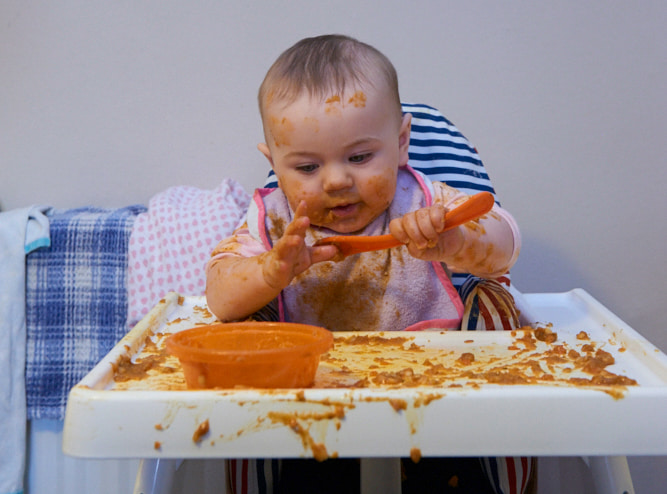
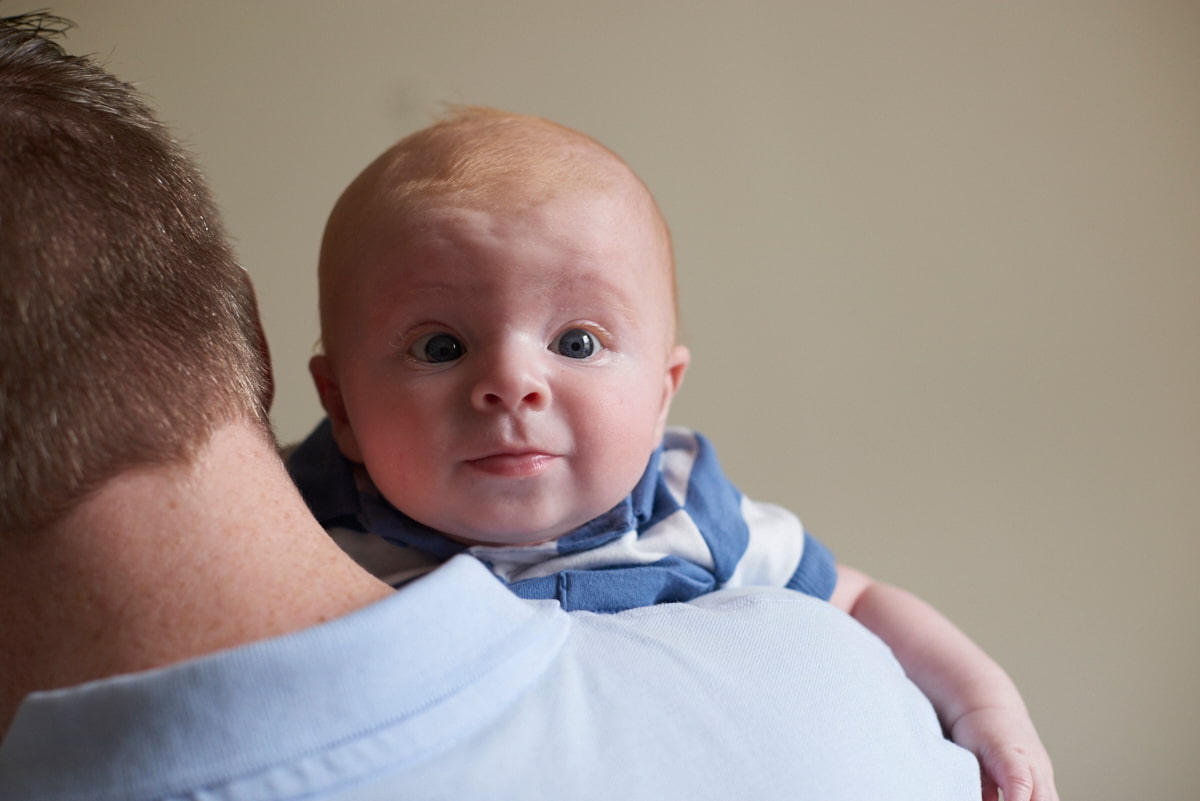
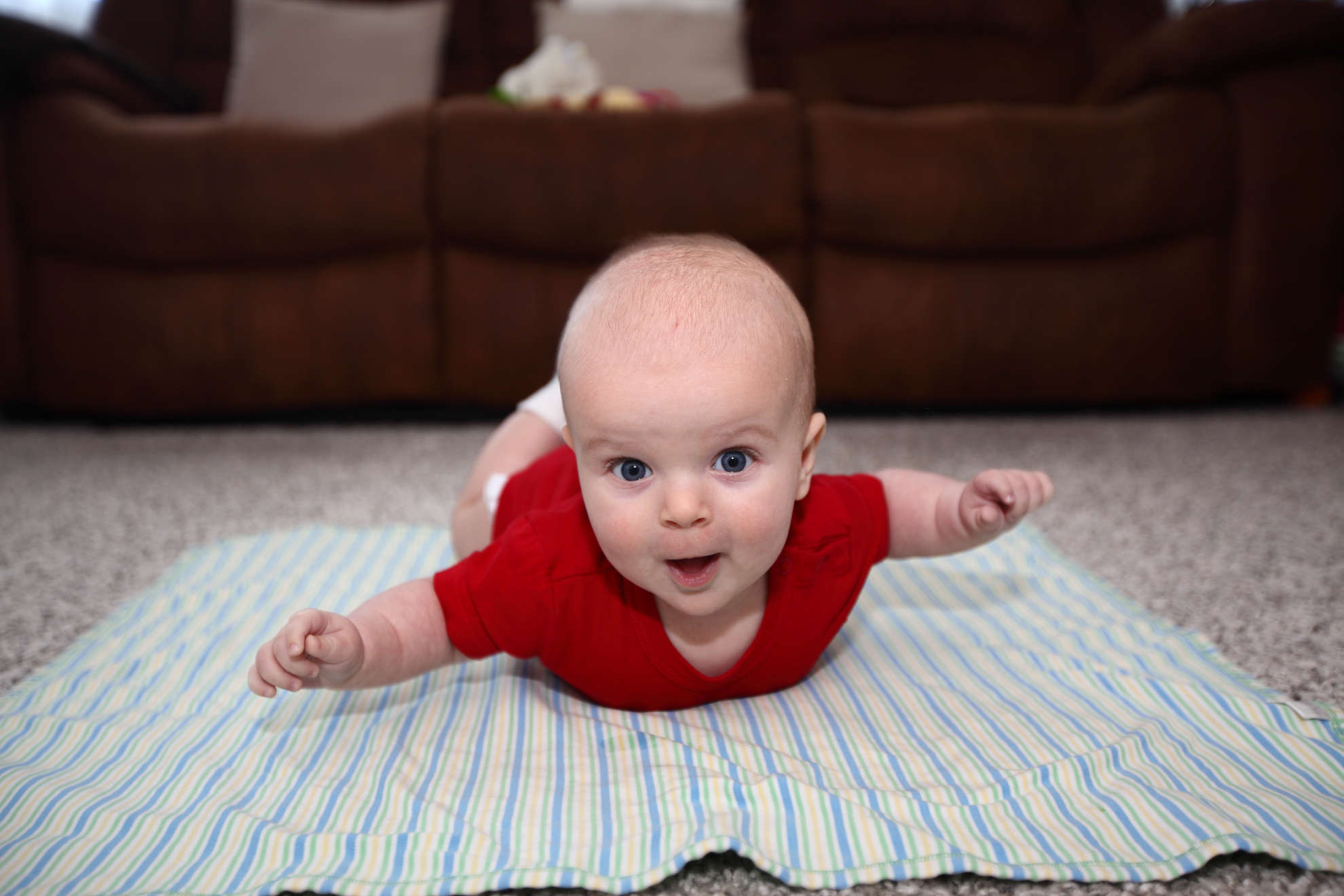
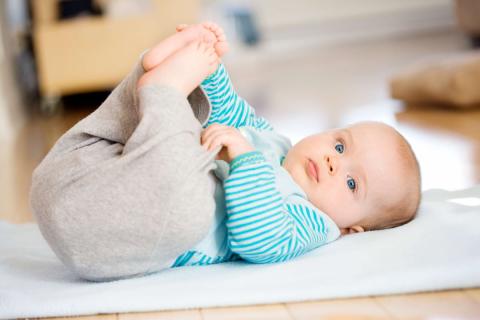
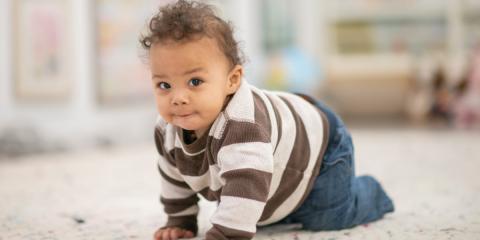
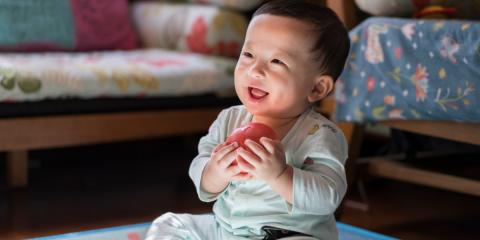
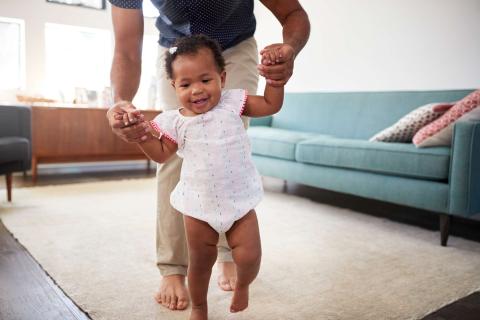
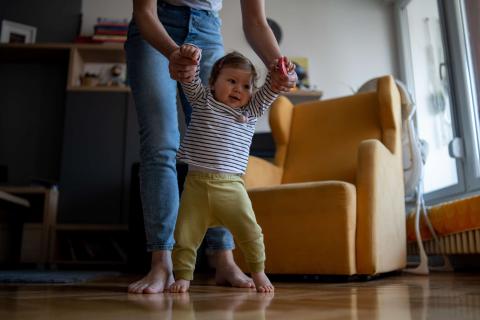
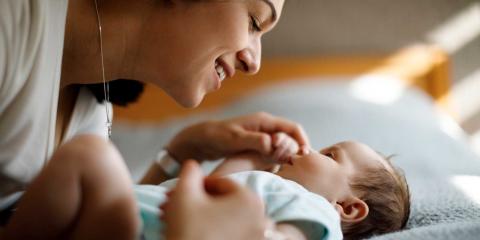
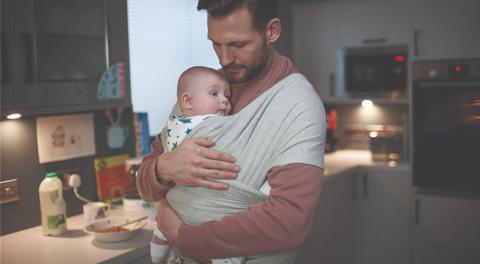
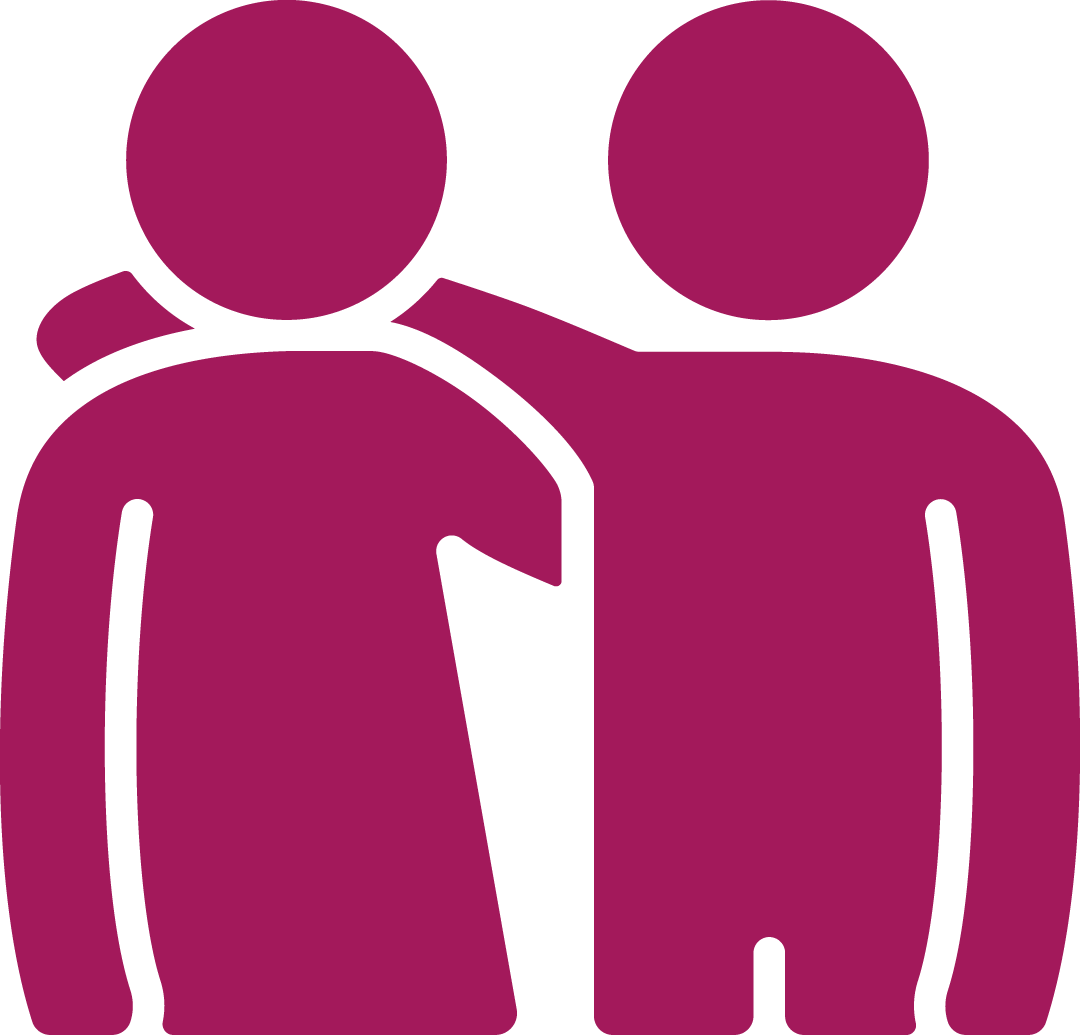 Family, Friends & Relationships
Family, Friends & Relationships
 Mental Health & Wellbeing
Mental Health & Wellbeing